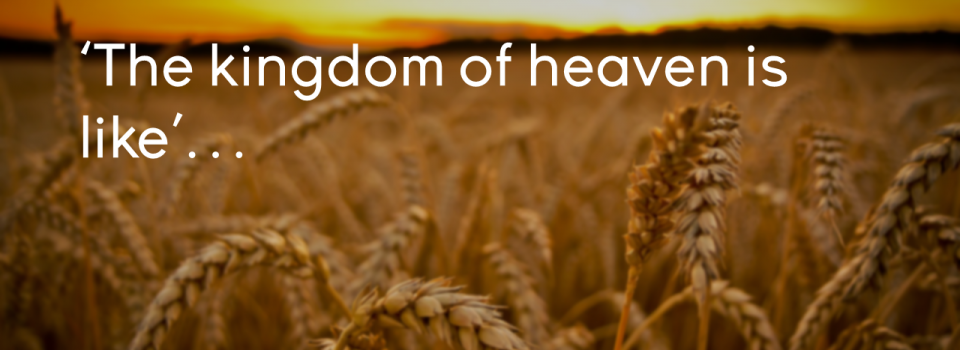Lenten Devotional – Wed, Mar 3: COMFORT
God promises comfort for those who are heartbroken. The simplest understanding of consolation is that people will regain the capacity to experience healing and joy. Interpreters also assert that comfort will come within the anticipation of being forgiven and restored to a more healthy and whole self, and reconciled to Godself. Sometimes our comfort […]




